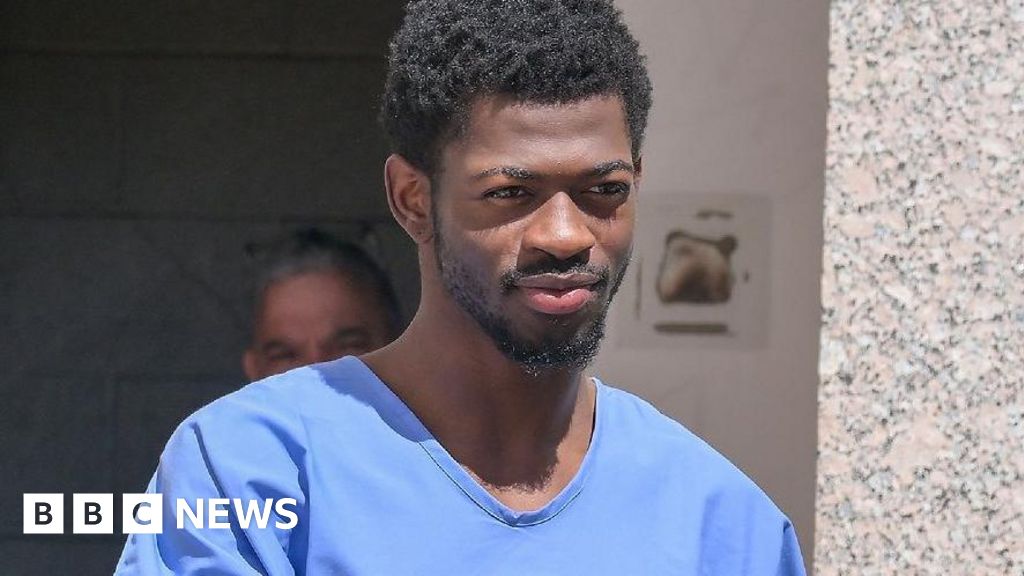Dublin is grappling with a severe crack cocaine crisis, as evidenced by an 80% increase in women seeking help for problematic use of the drug. The latest statistics from the Health Research Board (HRB) reveal a dramatic 594% surge in individuals treating crack cocaine addiction, climbing from 173 cases in 2017 to an alarming 1,201 in 2023.
Ferghal Connolly, a former addict, reflected on his troubling descent into addiction after moving to Dublin in his 20s, stating, "I kind of slipped from maybe taking a few beers, to taking a couple of ecstasy, to taking some other stuff, and then I ended up on heroin and crack cocaine."
Daithi Doolan, who represents the South Inner City Drug and Alcohol Partnership, underscored the magnitude of the crisis, asserting, “It’s actually a crisis.” He highlighted the pervasive presence of addiction in households, with many communities now overwhelmed by the dangers posed by drug dealers. “The drug-related intimidation is affecting individuals and families; whole communities are being held to ransom,” he added.
The resurgence of crack cocaine in Dublin follows a notable heroin shortage, attributed by some to geopolitical shifts, including the Taliban's crackdown on opium production in Afghanistan. In a stark illustration of this trend, 4,923 individuals sought assistance for cocaine use, either in its powdered or crack form, this year alone.
Cheryl Kelly, an addiction counsellor, advocates for the establishment of separate support systems for women due to their complex needs. "Women might find themselves in forced sex work or fear reporting to social services," she explained, highlighting the stigma faced by female addicts. HRB data show that female treatment cases jumped from 284 in 2017 to 1,387 in 2023, with nearly half of those struggling with crack cocaine being women.
Kelly stresses the necessity of creating female-only spaces, as women may hesitate to seek help in environments where acquaintances from harmful situations are present. “Women won’t engage in services if they fear intimidation,” she pointed out.
Alan Kinsella, a case worker with the Coolmine Therapeutic Community, commented on the consistent demand for drug-specific programs, stating that there is no demographic divide in cocaine addiction. "We see individuals from all walks of life and professional backgrounds grappling with cocaine use," he said, stressing the importance of addressing this widespread issue effectively.
As Dublin faces this escalating crisis, calls for intensified and specialized services for women and communities become ever more urgent amidst concerns for safety and support.



















